SDG Index & Monitoring
Filters

By SDSN
•
03 Apr, 2024
This policy paper, published on March 20, 2024, presents the results of a survey jointly conducted by the OECD, the Sustainable Development Solutions Network, and the European Committee of the Regions on how to localize the SDGs in a changing international landscape marked by disasters and shocks. Findings show declining standards of living in many cities and regions, an increasing relevance of affordable and clean energy due to high energy prices and a growing importance of food security following disruptions in global food supply chains. Moving forward, the paper presents possible strategies to further leverage the SDGs to design sustainable urban and regional development policies. It outlines pathways to counter high price levels and promote decarbonisation in production and consumption. Furthermore, it offers ways to promote sustainable food systems and reduce food waste through a circular economy approach and the integration of food policy into urban development strategies.

By SDSN
•
03 Apr, 2024
Tokyo, Paris & New Haven, 22 March 2024 : The fourth edition of the Global Commons Stewardship Index Report presents the most recent data on domestic impacts and transboundary spillovers on the Global Commons. Building on the latest research and modelling tools in the field of industrial ecology and environmental science as well as the recognition that this work has now begun to receive we hope this report can support the efforts made by policymakers at the global and national levels to safeguard the Global Commons. The report was launched today at the Villars Institute Summit 2024 in Switzerland. Naoko Ishii, Director of the Center for Global Commons and a lead author of the report, emphasizes the following: “Current economic system continues to undermine the health of the Global Commons, to its breaking point. We need to urgently come up with the governing mechanism to safeguard the Global Commons, in particular spillover impacts through trade.” We underline three major findings from this year’s GCS Index edition: 1. Global production and consumption systems continue to undermine the stable and resilient Earth systems, the global commons, which are the foundations of our civilization. We underline in particular, the impact of G20 countries which are responsible for the lion’s share of global negative impacts on the Global Commons. In per capita terms, Australia, Canada and the United States are the worst G20 performers according of this year’s GCS Index. In absolute terms, China, the United States and the European Union are the worst performers globally. G20 countries are not only responsible for production-based negative impacts on the Global Commons, but also for more than 70% of the GHG emissions and deforestation in the international trade system. No country has achieved high levels of human development and low impact on the Global Commons. 2. The environmental stress caused and transmitted through trade systems is significant; often exceeding 30% of countries’ total GHG emissions and 50% of countries’ total impacts on deforestation and water stress. One-third or more of the total GHG emission footprint of South Korea, Japan, Italy, the EU, Germany, France and the United Kingdom is embodied into trade. More than half of the total deforestation caused by Germany, India, Turkey, France, Italy, China, South Korea, the United Kingdom, and Japan is generated outside of the borders of these countries. Finally, 50% or more of scarce water consumption in the EU, Italy, South Korea, Australia, Brazil, France, Germany, Japan, the Russian Federation, the United Kingdom and Canada happens in the rest of the world to satisfy consumption in these countries. These findings emphasize that negative trade-based spillovers are significant and must be part of any strategy to safeguard the Global Commons. Good data and metrics at all levels (global, national, industry, commodity levels) are critical to address negative impacts from unsustainable supply chains. 3. The world currently does not have a global governance mechanism to coherently address spillover impacts associated with unsustainable global supply chains . It is now urgent to come up with effective governance mechanisms to safeguard the global commons based on sound data and the latest insights from science. The publication of the Villars Framework for a Sustainable Global Trade System in 2023, led by the Remaking Trade for a Sustainable Future initiative, is an important step in this direction. Published ahead of several important international events including the September 2024 UN Summit of the Future, the November 2024 UNFCCC COPs in Azerbaijan and in Brazil in 2025 as well as the CBD COP in Colombia in 2024, the 2024 GCS Index report provides useful data and statistics to define pathways and policies to curb domestic and spillover impacts on the Global Commons – and sharpen the focus of policymakers on these challenges.
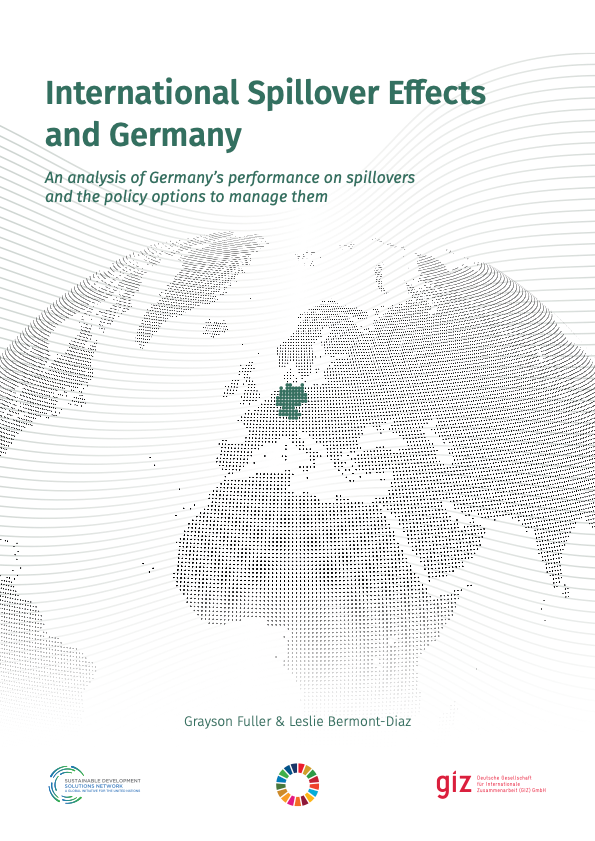
By Grayson Fuller & Leslie Bermont-Diaz
•
29 Jan, 2024
In 2015, all United Nations member states adopted the Sustainable Development Goals (SDGs) as a shared vision for social, economic and environmental progress. Reaching the SDGs is a shared responsibility and calls for policy coherence, including sustainable trade systems based on responsible consumption and production practices. The progress of individual countries towards the SDGs is measured regularly. However, analyses of progress on the SDGs on a national level often do not consider how one country may positively or negatively affect the efforts of another country to implement the 2030 Agenda. As one of the world’s largest economies and a key player in the multilateral system, Germany’s efforts in managing its global responsibilities will be essential for the 2030 Agenda. The present study aims to provide a quantitative analysis of some of these positive and negative effects Germany has on other countries around the world. At the midpoint of 2030, Germany has completed two Voluntary National Reviews (VNRs), developed a national indicator set for monitoring progress towards the SDGs, and elaborated a comprehensive strategy for meeting the SDGs (The Federal Government of Germany, 2021a). The German Sustainable Development Strategy identifies Six Areas of Transformation and Five Policy Levers (Figure A). These provide a context-specific and operational framework to implement the SDGs in Germany. This approach is very much aligned with the operational frameworks proposed by other organizations, including The Six Entry Points (GSDR, 2023) and SDSN’s Six SDG Transformations (Sachs et al., 2019). Organizing SDG implementation around Six Areas of Transformation allows for creating coherent policies. Policy coherence is central to the German Sustainable Development Strategy, and the German government has put institutional structures in place to ensure policies are conceived with a holistic approach towards sustainable development. This includes the alignment of domestic action with international action – encapsulated in one of the lever’s chosen to support the Areas of Transformation: International responsibility and cooperation. SDG 17 (Partnerships for the goals) recognizes the importance of international cooperation to solve today’s global challenges. In an interdependent world, countries’ actions can help or undermine other countries’ efforts to achieve the SDGs. These “spillover effects” must be understood and measured so that they can be taken into consideration when developing national policy so as not to indirectly harm other countries’ sustainable development. A growing number of countries report on spillovers in the context of the SDGs, VNRs and national policy plans including Finland, France, Iceland the Netherlands, Switzerland and the European Union (EU). In the case of Germany, the national government has committed to achieve sustainable development not just within its borders, but also internationally. The country has issued The Transformation Report on International Responsibility and Cooperation which details the links between German policies in the field of sustainable development and spillovers. This study aims to provide a quantitative assessment of Germany’s performance on key measures of international spillovers and the key policy instruments that can be used to manage them. The study is organized into five parts: 1) Measuring international spillovers 2) Germany’s performance across key spillover indicators 3) The geographical origin of Germany’s spillovers 4) Measures to support spillover data and 5) Policy instruments to manage spillover effects.
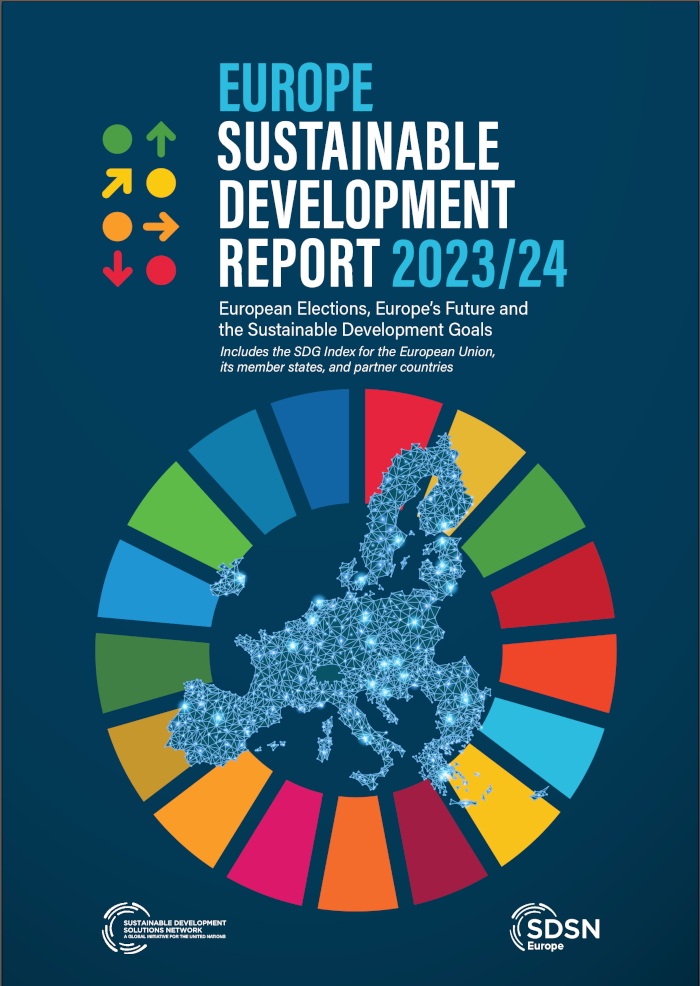
By Info
•
24 Jan, 2024
The Europe Sustainable Development Report 2023/24 (5th edition) provides an independent quantitative assessment of the progress by the European Union, its member states and partner countries towards the Sustainable Development Goals (SDGs). In light of the upcoming European Elections and UN Summit of the future, this year’s edition identifies 10 priority actions for the incoming EU leadership to accelerate SDG implementation within Europe and internationally. In the context of a fragmented and multipolar world, the ESDR 2023/24 calls for decisive action by the EU to avoid dangerous environmental and social tipping points.

By Info
•
27 Nov, 2023
Building on the previous paper by Sachs et al. (2022) and from the literature, this new working paper entitled "Adaptation, Loss, and Damage: A Global Climate Impact Fund for Climate Justice, provides a taxonomy of climate-induced costs to identify their different types, sources and interactions. The paper also proposes a pilot integrated conceptual and methodological framework to quantify and assess responsibilities across countries for adaptation and L&D costs, using indicator frameworks and methodologies from the existing attribution and contribution studies. It then makes an initial attempt to frame a dedicated Global Climate Impact Fund (GCIF) to share fairly and globally the burden of financing for adaptation and L&D costs from anthropogenic activities, among responsible countries. The authors argue that increased funding for adaptation and loss and damages must come hand-in-hand with the development of long-term resilience and sustainable development pathways, including medium term investment frameworks, in highly vulnerable countries and other countries.
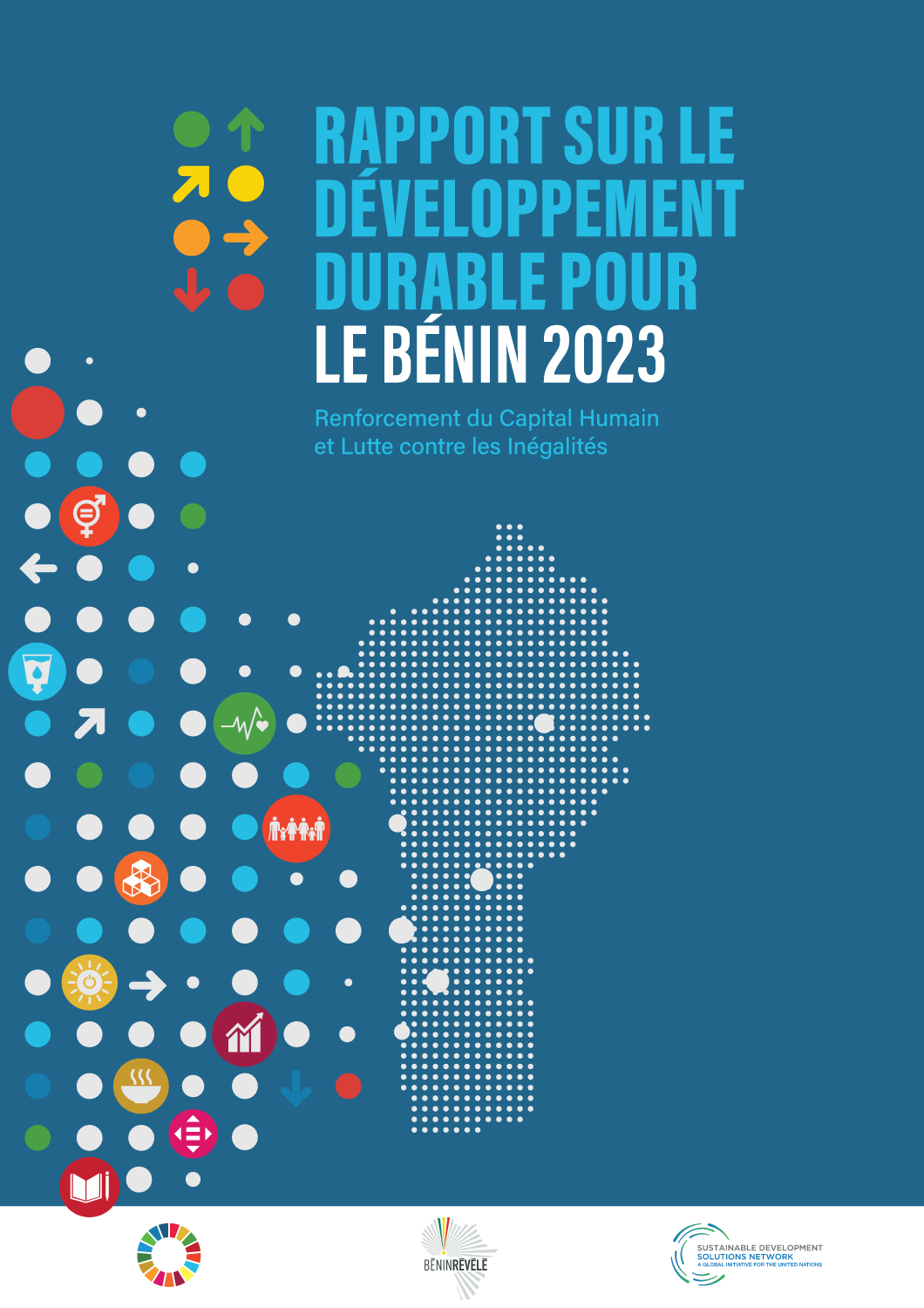
By SDSN
•
24 Jul, 2023
The "Sustainable Development Report for Benin 2023" is the second edition of a series of reports produced as part of the partnership between the Government of Benin and the United Nations Sustainable Development Solutions Network (SDSN) (Box 1). This edition was prepared by SDSN's newly established SDG Transformation Centre.
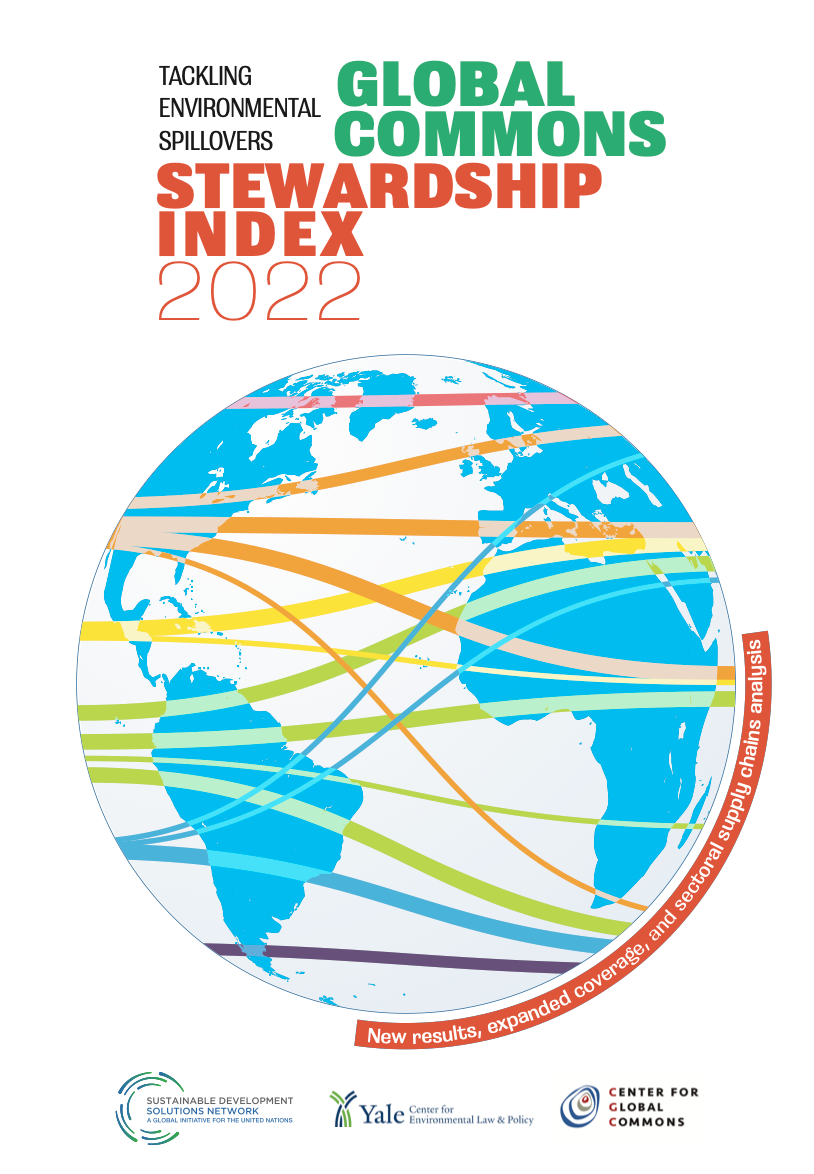
By Info
•
14 Jul, 2023
This year’s 2022 Global Commons Stewardship (GCS) Index (3 rd edition) provides the latest information on countries’ domestic and international spillover impacts on the Global Commons. This year’s edition reveals that no country has successfully managed to achieve high levels of human development (measured by GDP per capita or the Human Development Index) while fully mitigating their negative impacts on the environment. Rich countries, including many G20 countries, generate large negative spillovers due to unsustainable consumption and obtain the lowest results in this year’s Index. These results suggest that economic systems and national policy frameworks need to better incorporate the value of natural capital – and the costs of failing to protect it – to address international spillovers. Taking advantage of the latest advances in trade data, environmental research, and industrial ecology, the 2022 GCS Index provides detailed analyses of impacts embodied in international trade flows. Demand for clothing, textiles, and construction materials drives most greenhouse gas (GHG) emissions spillovers. Deforestation spillovers are driven by the demand for forestry, logging, and cattle, and water stress spillovers are driven by the demand for rice and cereals.

21 Jun, 2023
The Sustainable Development Report (SDR) reviews progress made each year on the Sustainable Development Goals since their adoption by the 193 UN Member States in 2015. At the halfway mark to 2030, the Sustainable Development Report 2023 takes stock of progress made and discusses priorities to restore and accelerate SDG progress. Published on the eve of the 2023 Paris Summit for a New Global Financial Pact, this year’s edition focuses specifically on the need to scale up development finance and to reform the global financial architecture to support the SDGs. Read the Sustainable Development Report 2023 Explore the interactive SDR 2023 Dashboards
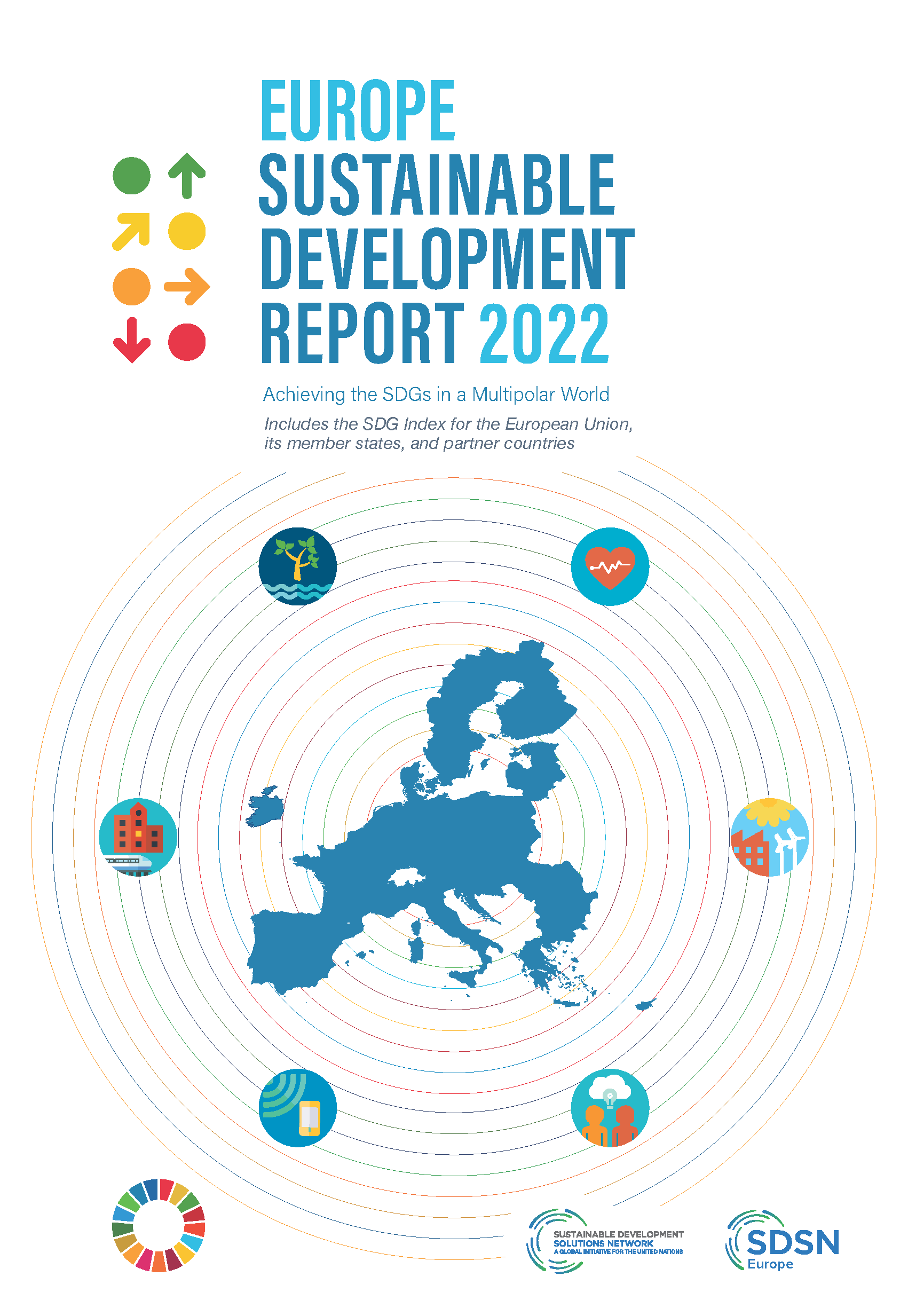
By Maëlle Voil
•
05 Dec, 2022
This year's report is a special edition in support of the upcoming EU Voluntary Review and the next United Nations' Heads of State Summit on the SDGs. To that end, this year's edition also presents 10 contributions from scientists and practitioners on ways to strengthen the EU's SDG leadership at home and internationally.
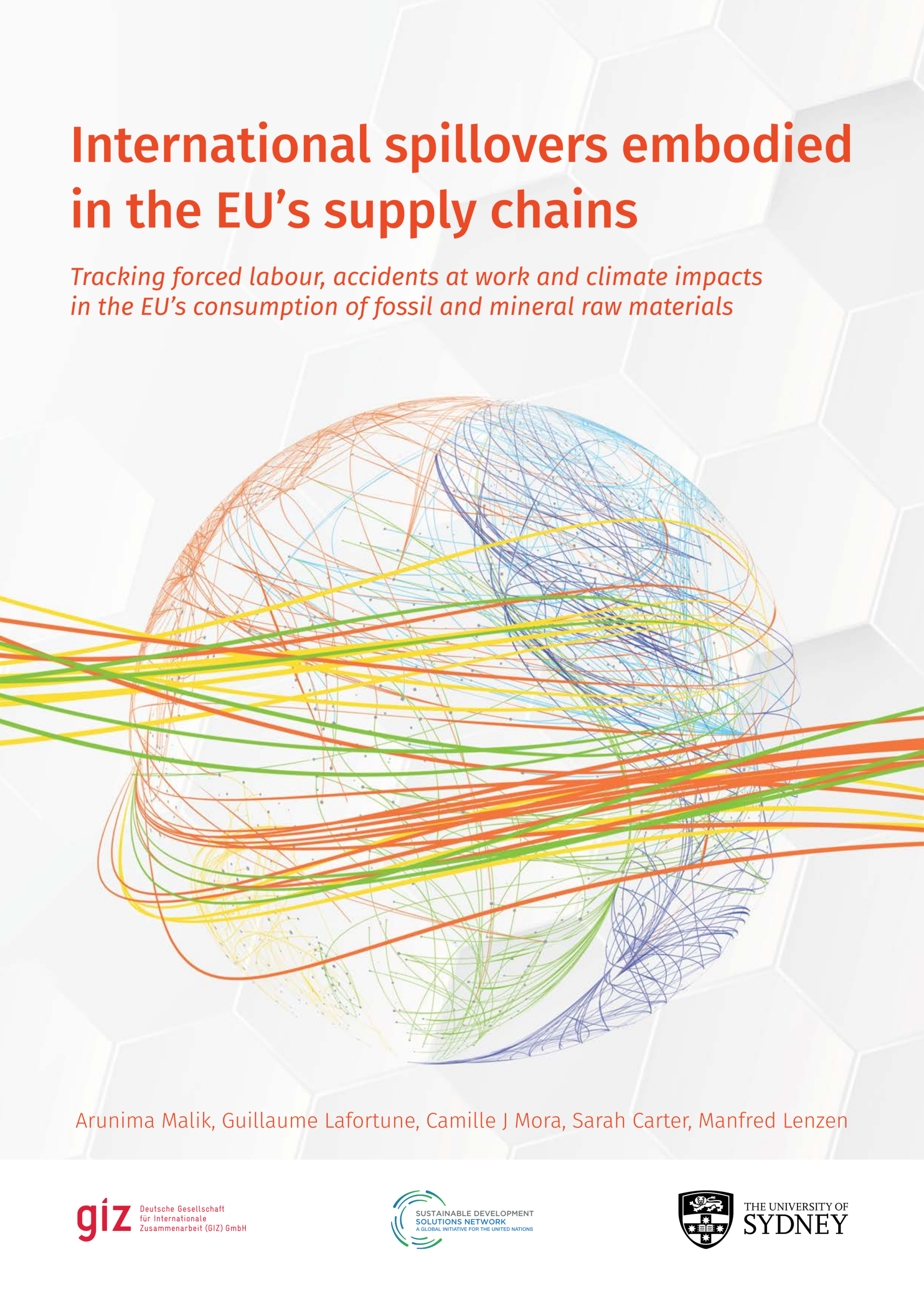
By Info
•
16 Nov, 2022
This new stu dy finds that EU's supply chains are linked with 1.2 million cases of forced labour (across all sectors) and minerals specifically are responsible for major socio-environmental impacts mainly in South Asia, Asia-Pacific and Africa. Fossil and mineral raw materials enable sustainable development and undermine it, causing unintended and detrimental environmental and social impacts via extraction and production processes. In this study, we analyse how consumer demand in the European Union drives environmental and social impacts in mining sectors worldwide. We employ multi-regional input-output analysis to quantify positive (i.e., income, female and male employment) and negative (greenhouse gas emissions, accidents at work, and modern slavery) impacts of mining in raw material sectors, as indicators of the UN Sustainable Development Goals. We trace these environmental and social impacts across the EU’s trading partners to identify sectors and regions as hotspots of international spillovers embodied in the EU’s consumer demand and find that these hotspots are wide-ranging in all continents. We estimate that across all sectors, EU’s consumption is associated with about 4200 cases of fatal accidents at work and 1.2 million cases of modern slavery annually. Raw material supply chains are respectively responsible for 5% and 3% of these totals, but also 14% of imported GHG emissions. These impacts take place primarily in Central Asia and the Asia Pacific as well as Africa. Our results underline the need for further reforms in mining industries and trade policies to eradicate modern slavery and other adverse social and environmental impacts and to implement safe workplaces for workers.
SIGN UP FOR SDSN UPDATES
Get our latest insights, opportunities to engage with our networks, and more.
SDSN mobilizes global scientific and technological exertise to promote practical solutions for sustainable development, including the implementation of the Sustainable Development Goals (SGDs) and the Paris Climate Agreement.
Paris
19 rue Bergère
75009 Paris
France
+33 (0) 1 84 86 06 60
New York
475 Riverside Drive
Suite 530
New York NY 10115 USA
+1 (212) 870-3920
Kuala Lumpur
Sunway University
Sunway City Kuala Lumpur
5 Jalan Universiti
Selangor 47500
Malaysia
+60 (3) 7491-8622
Designed by
Northeast Kingdom Online. Powered by
NEKO|360.
